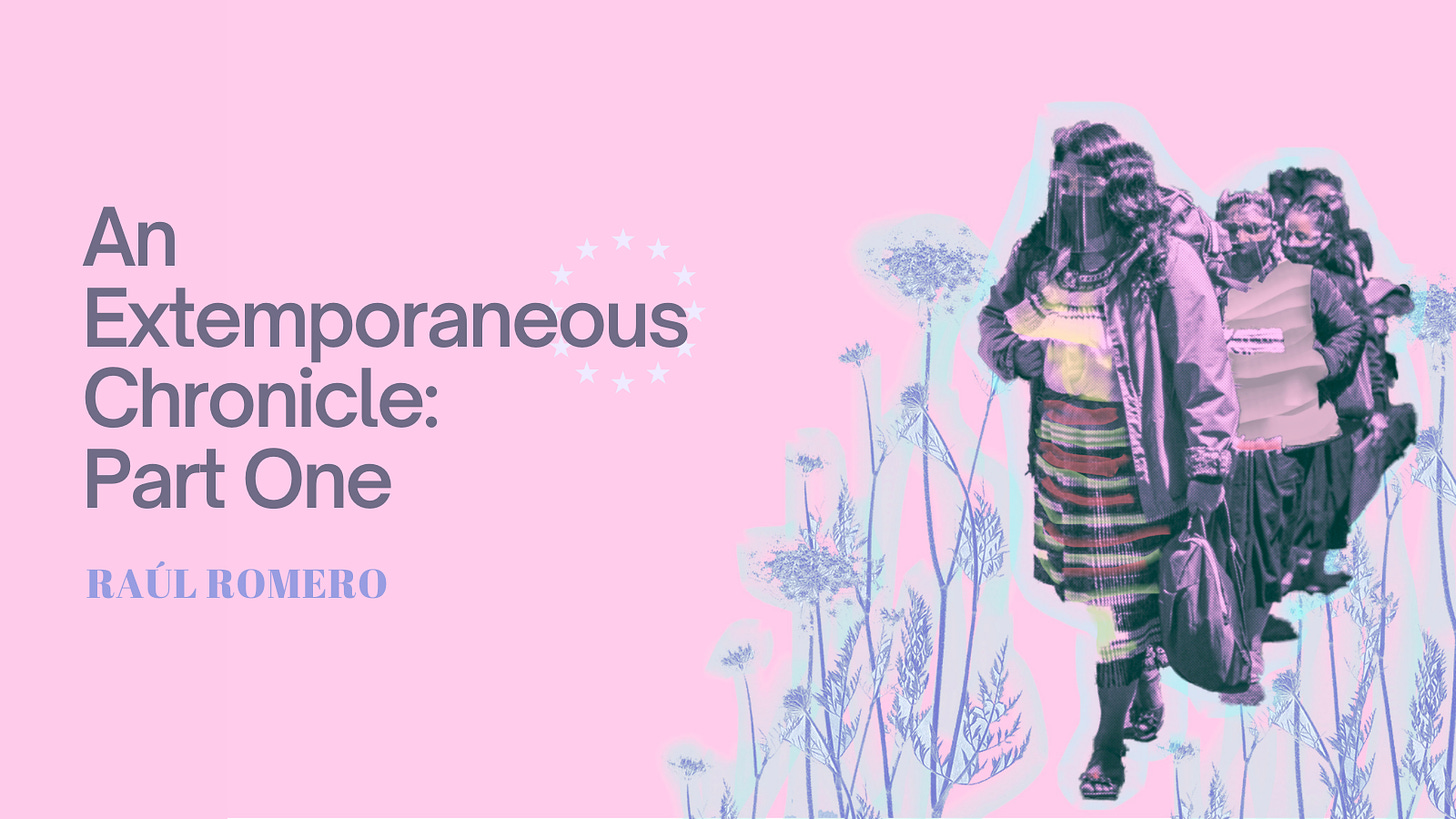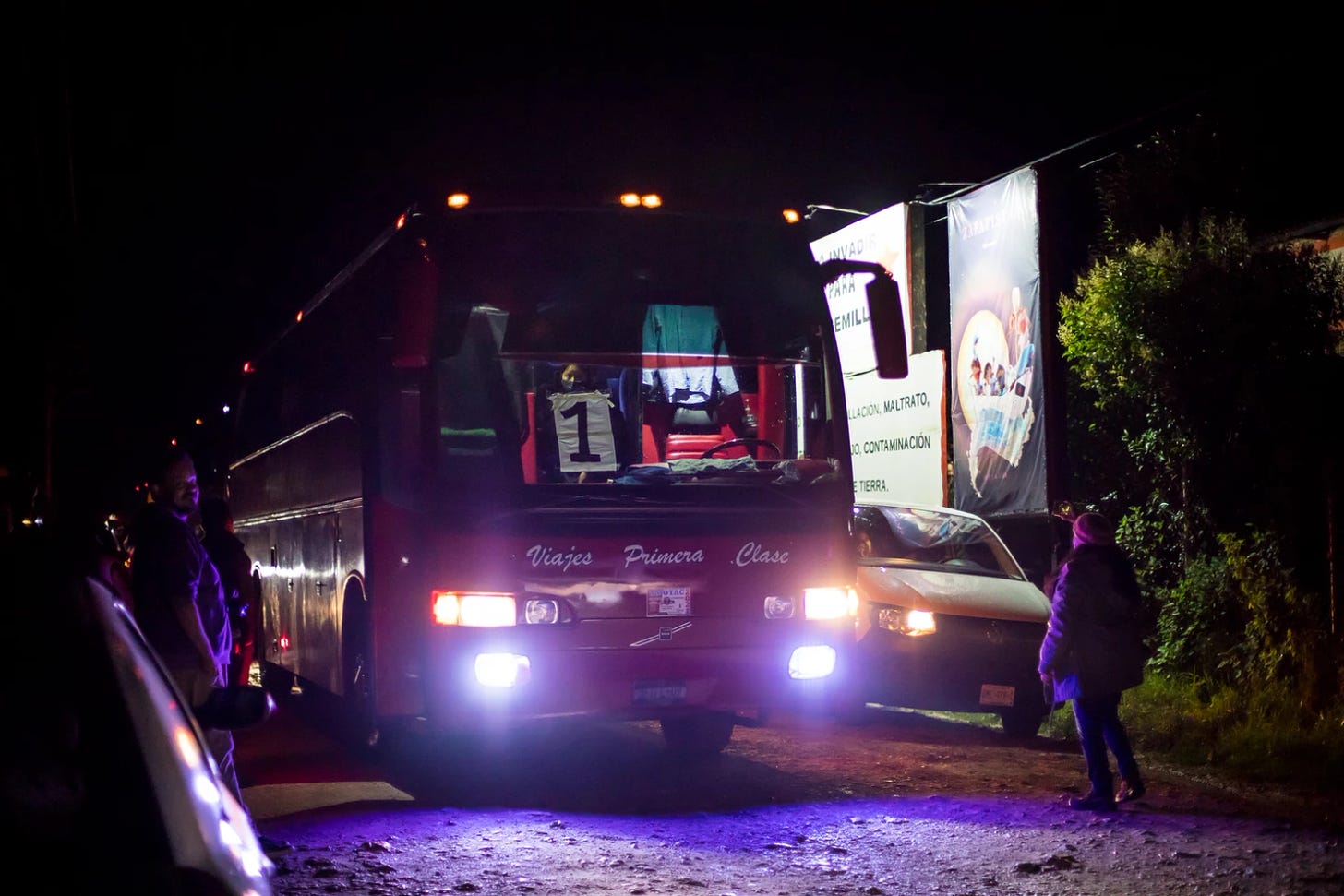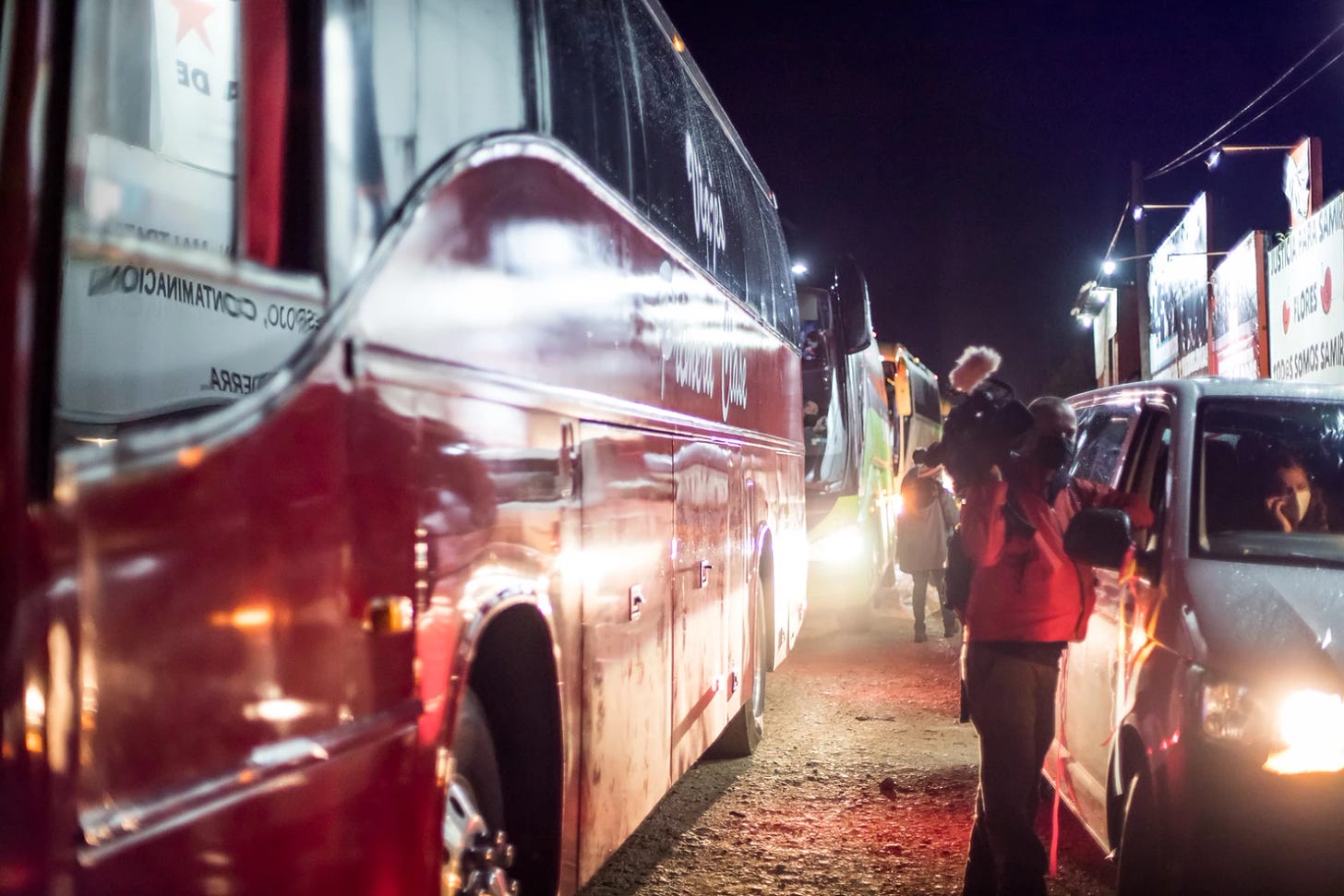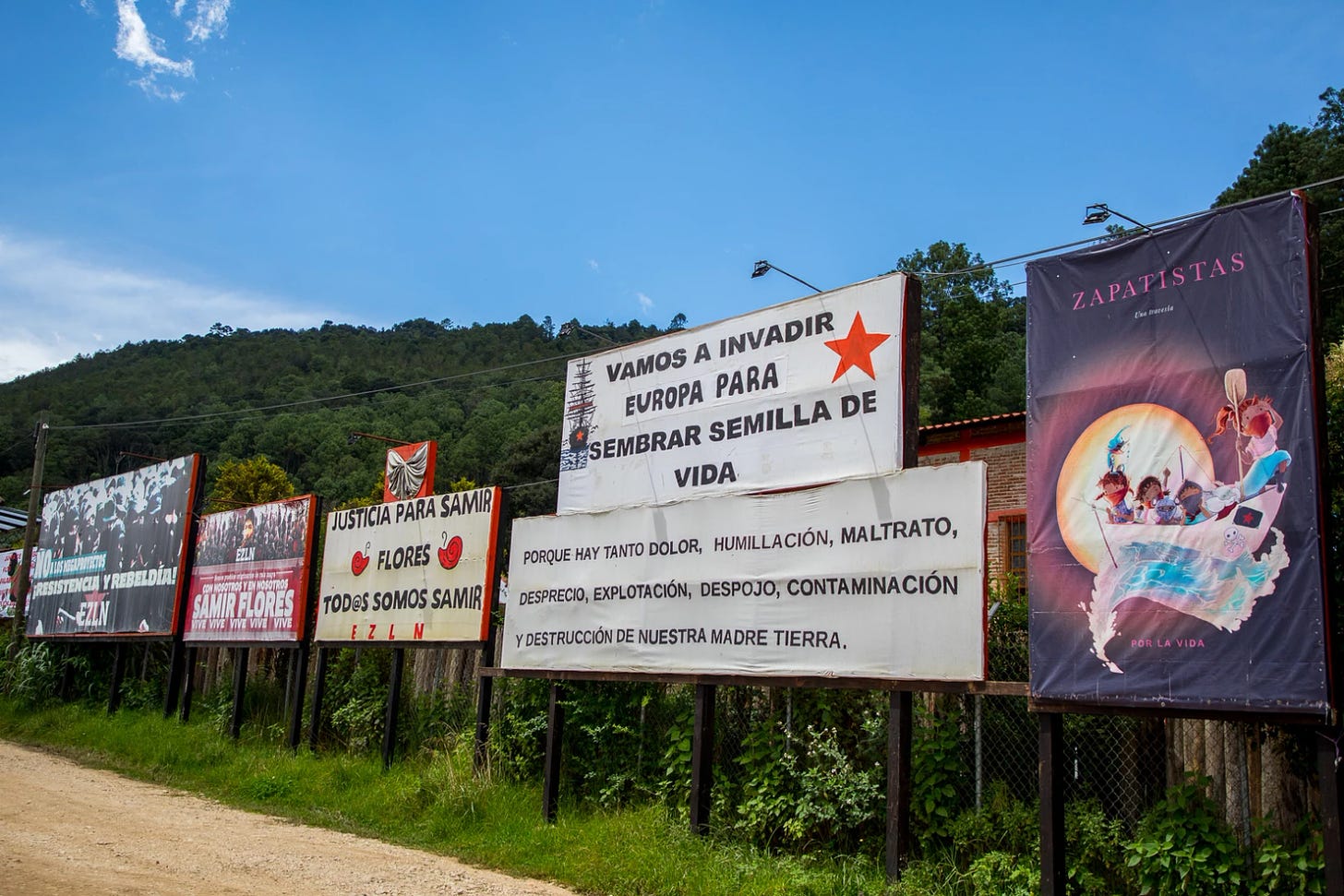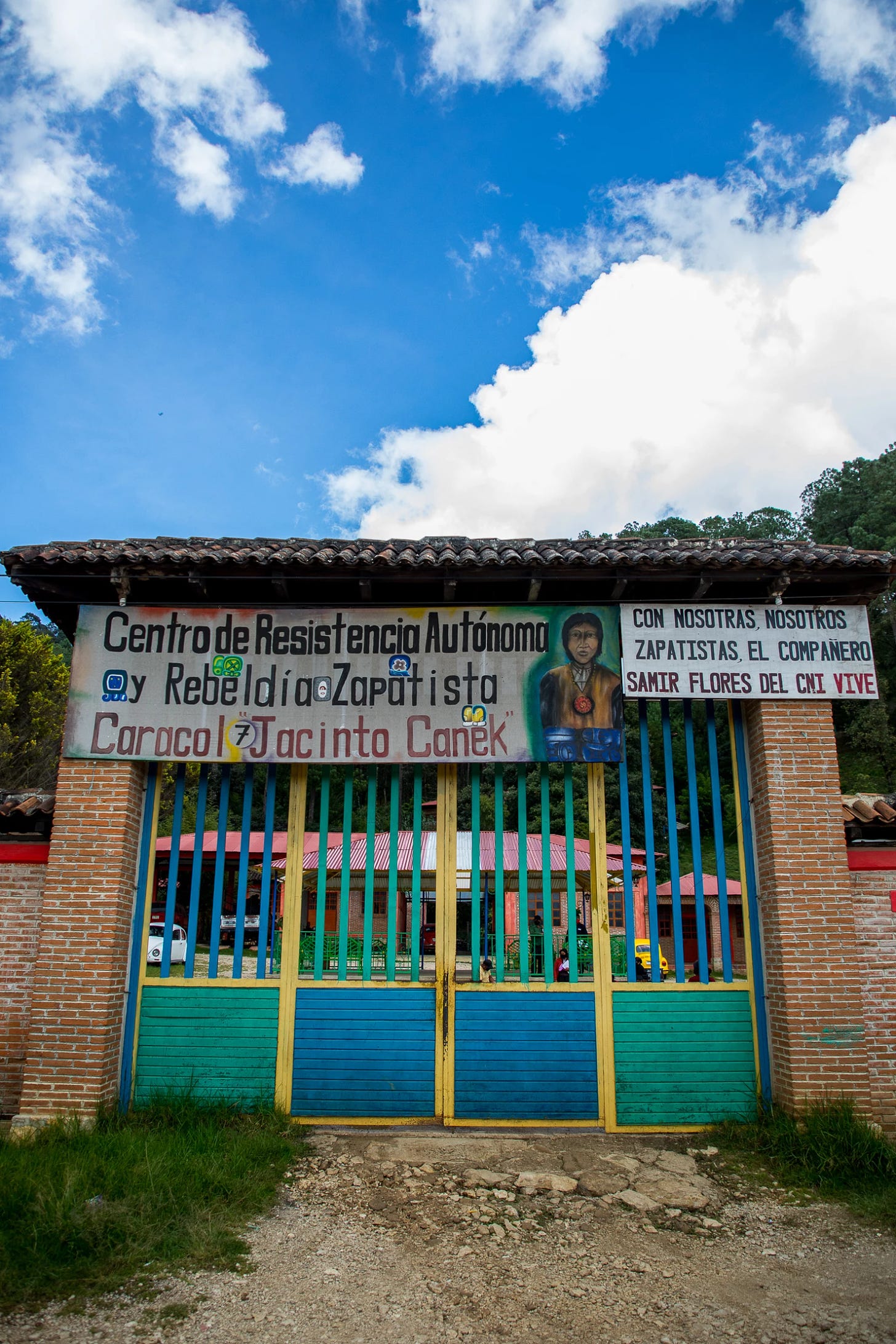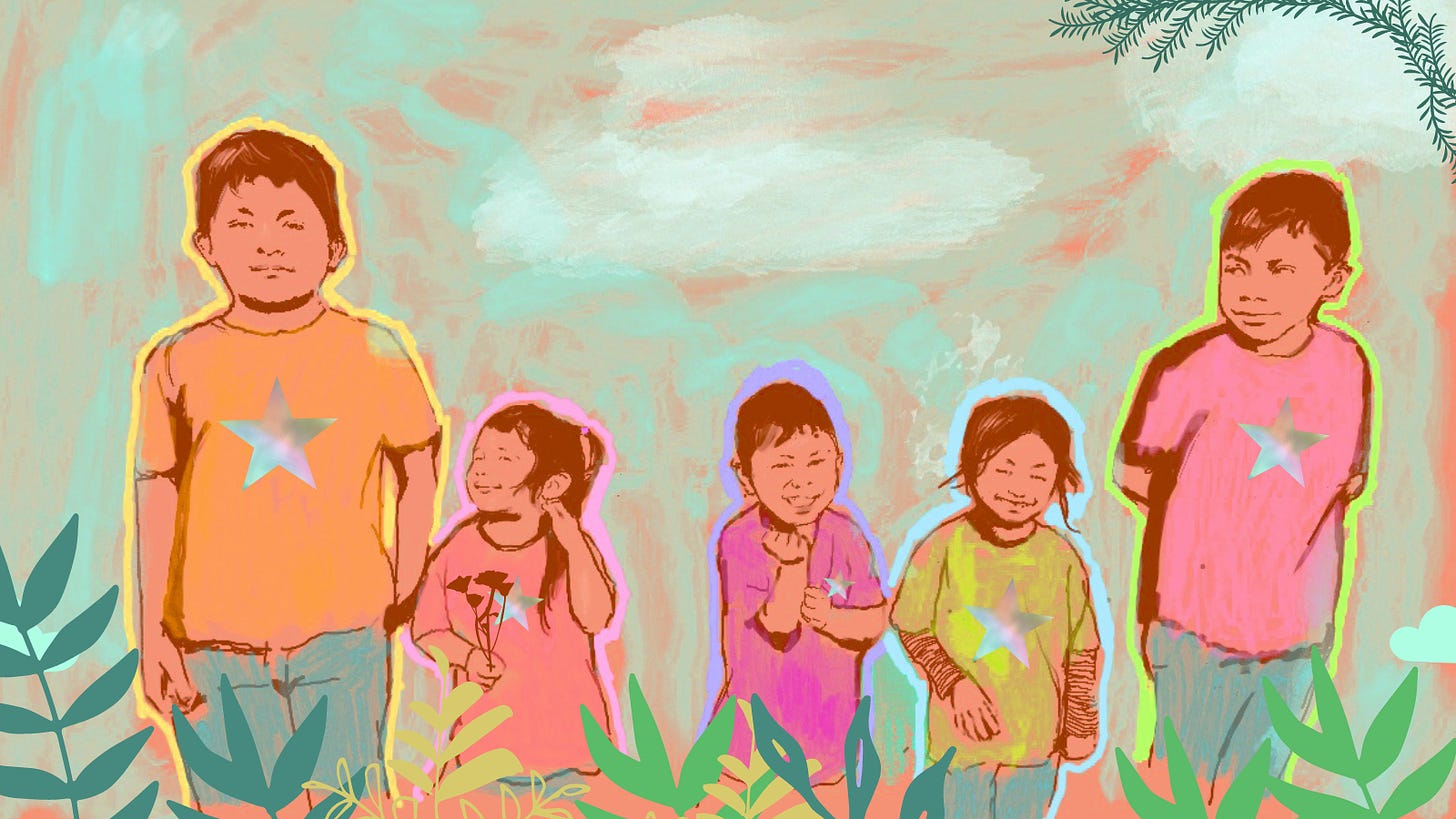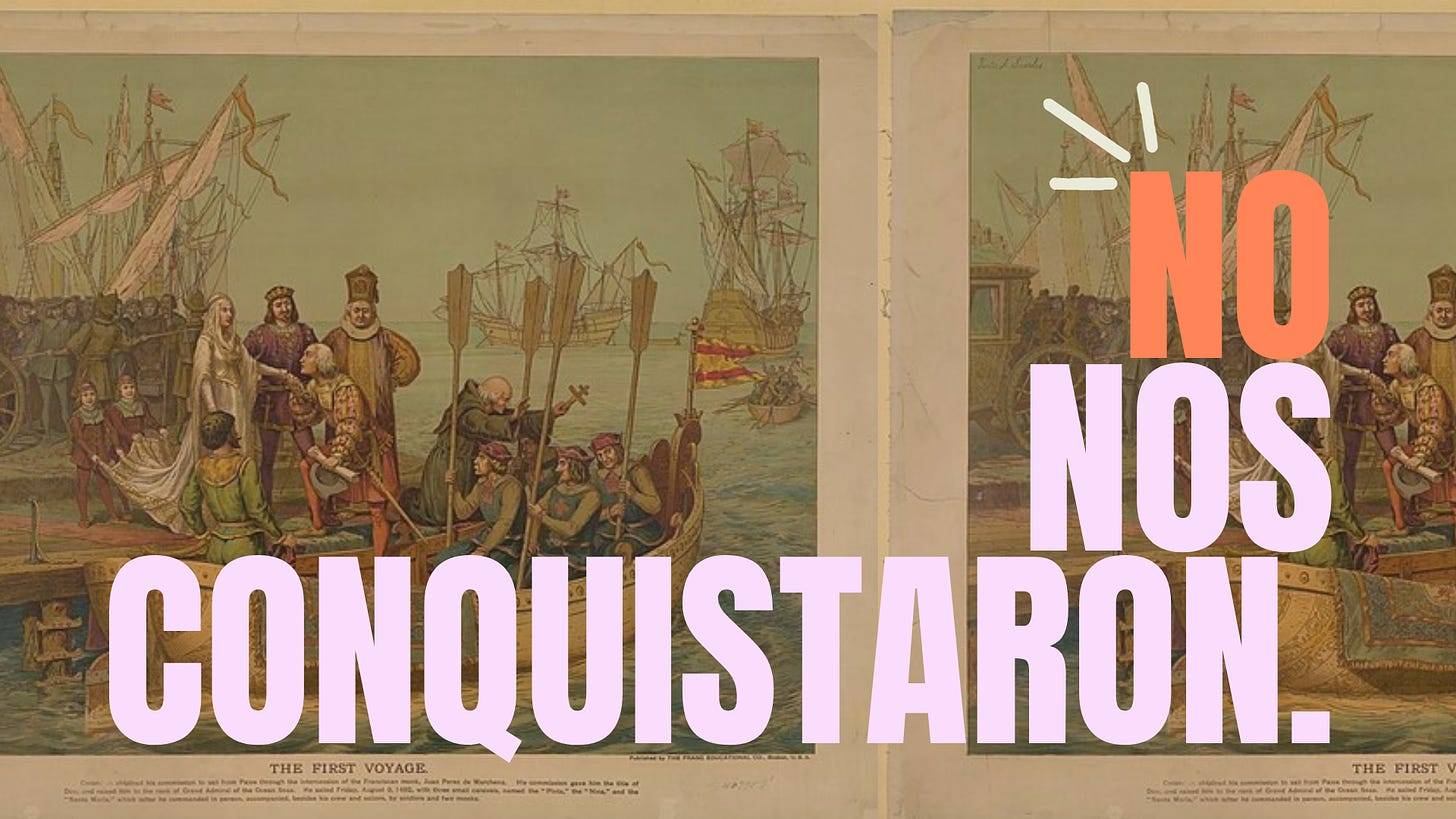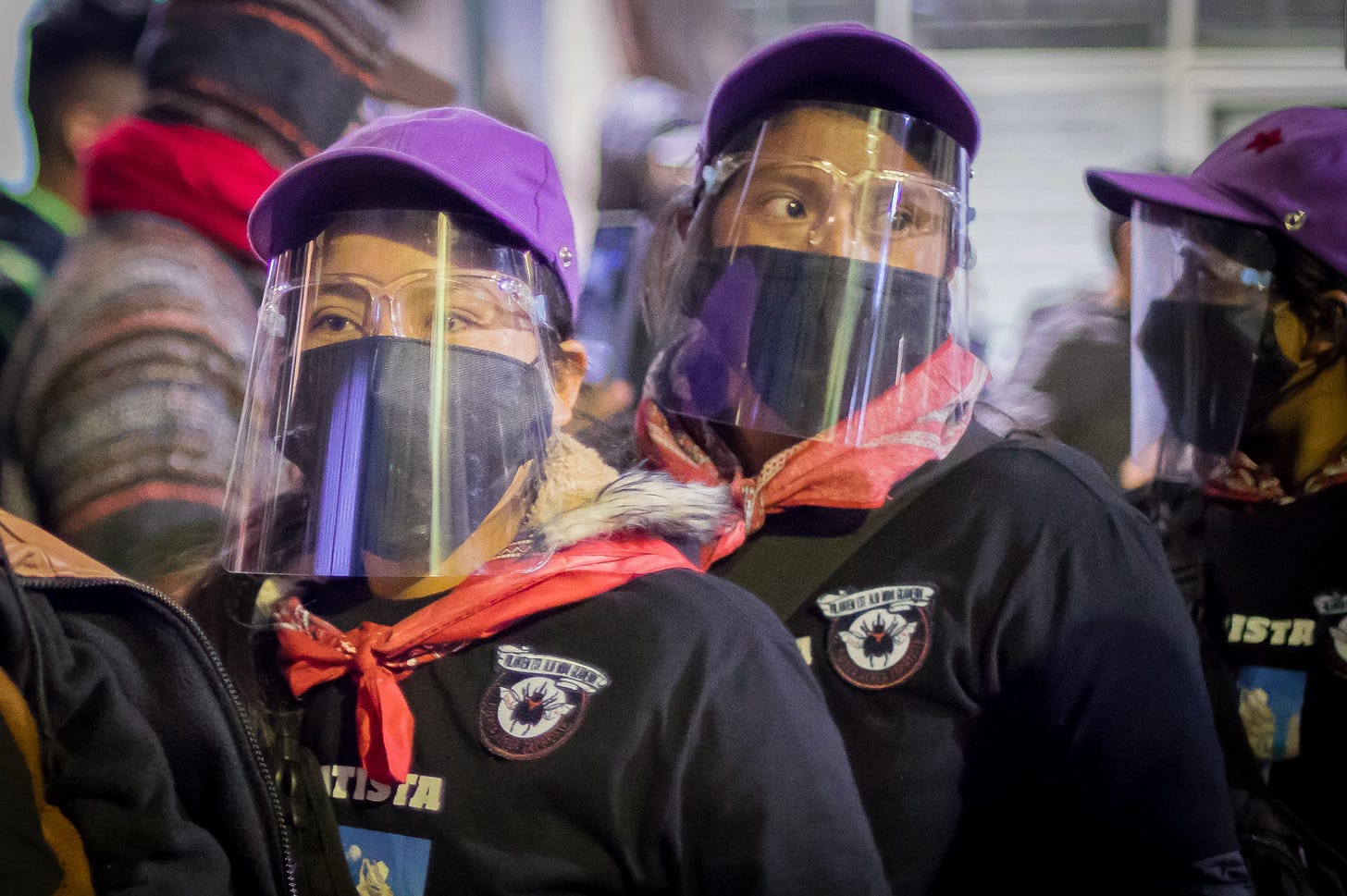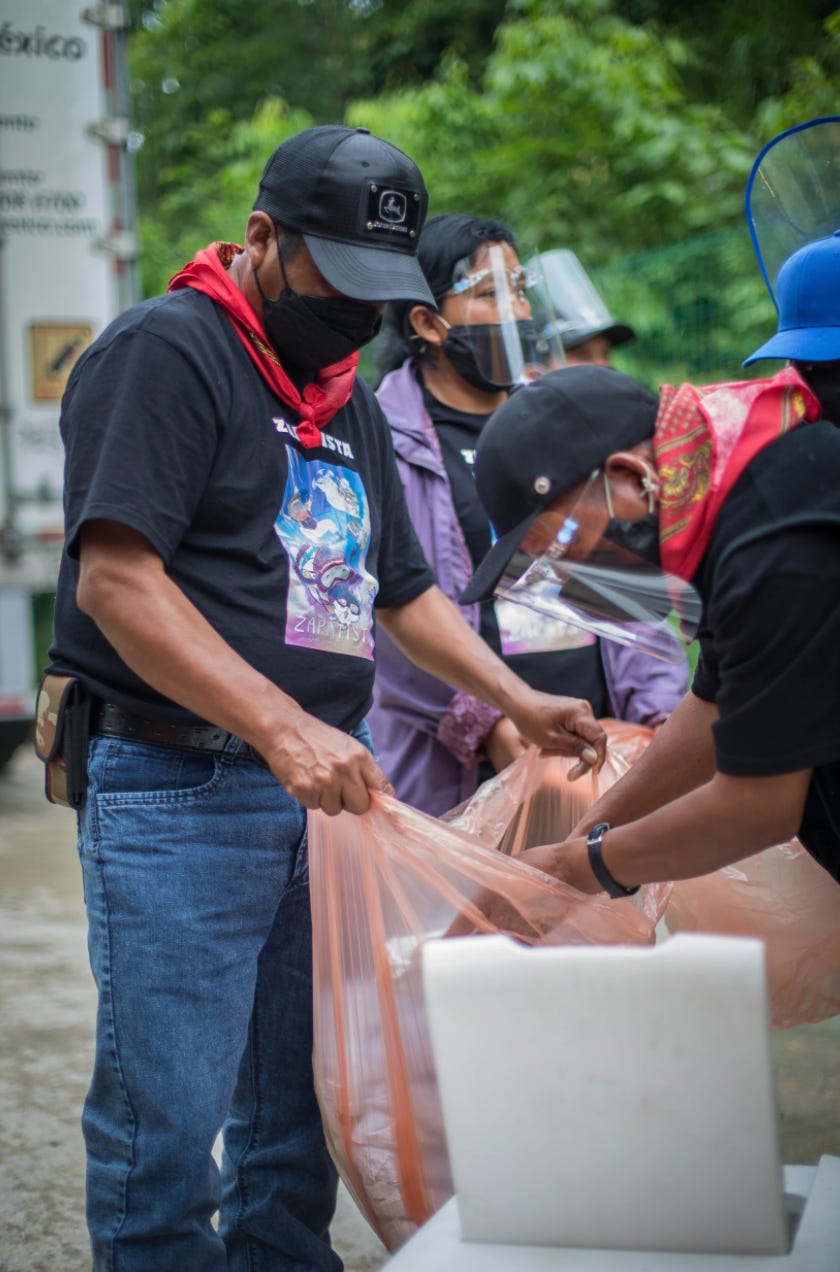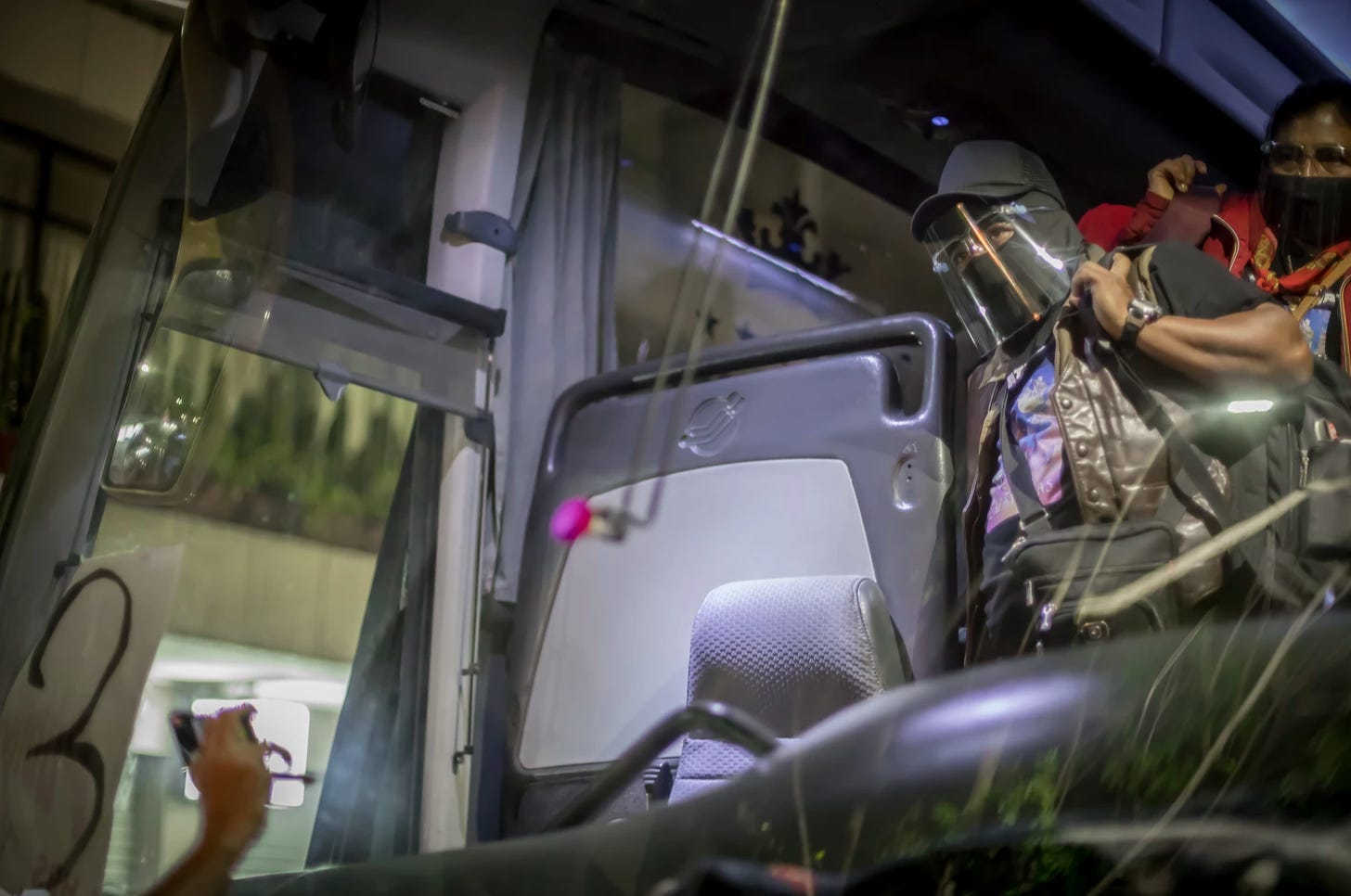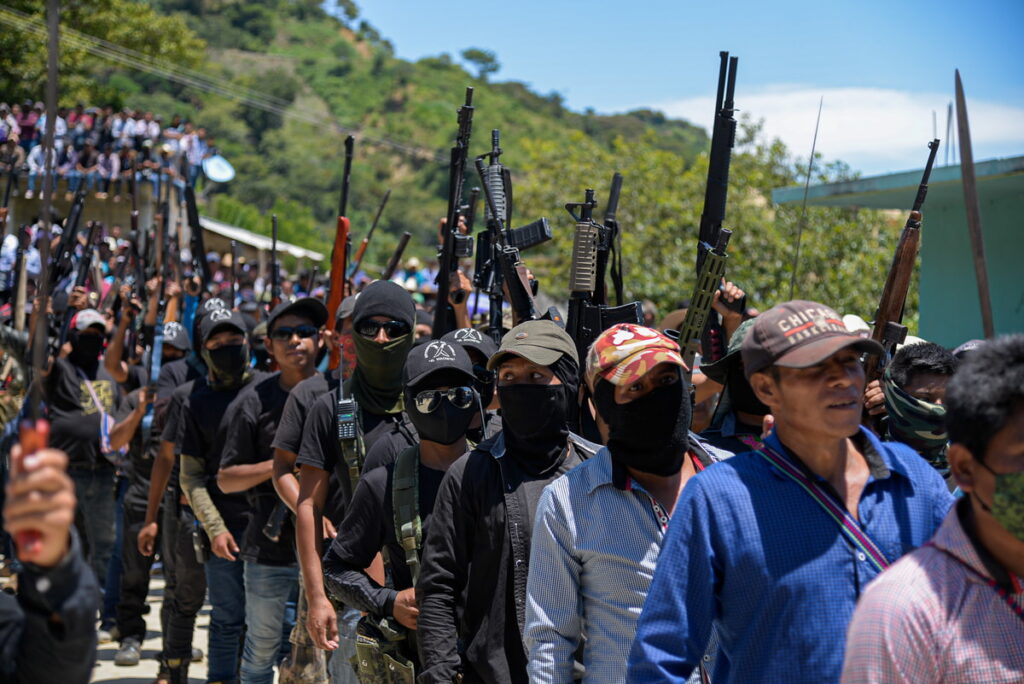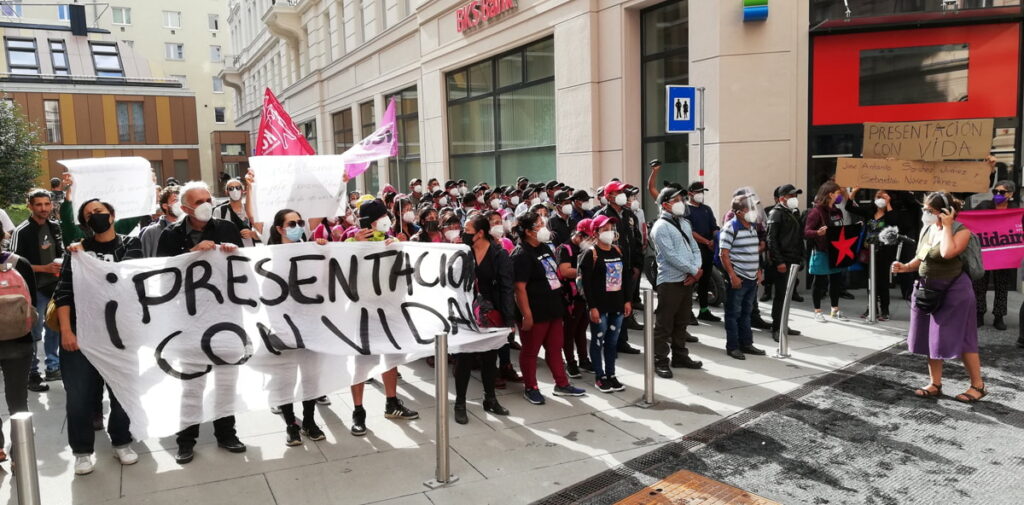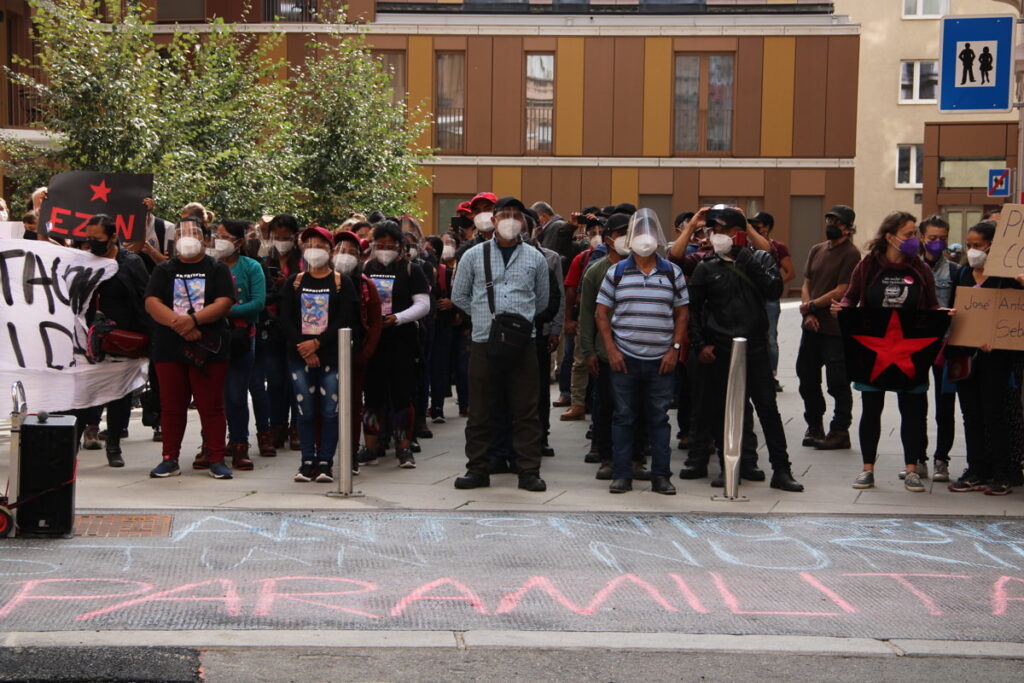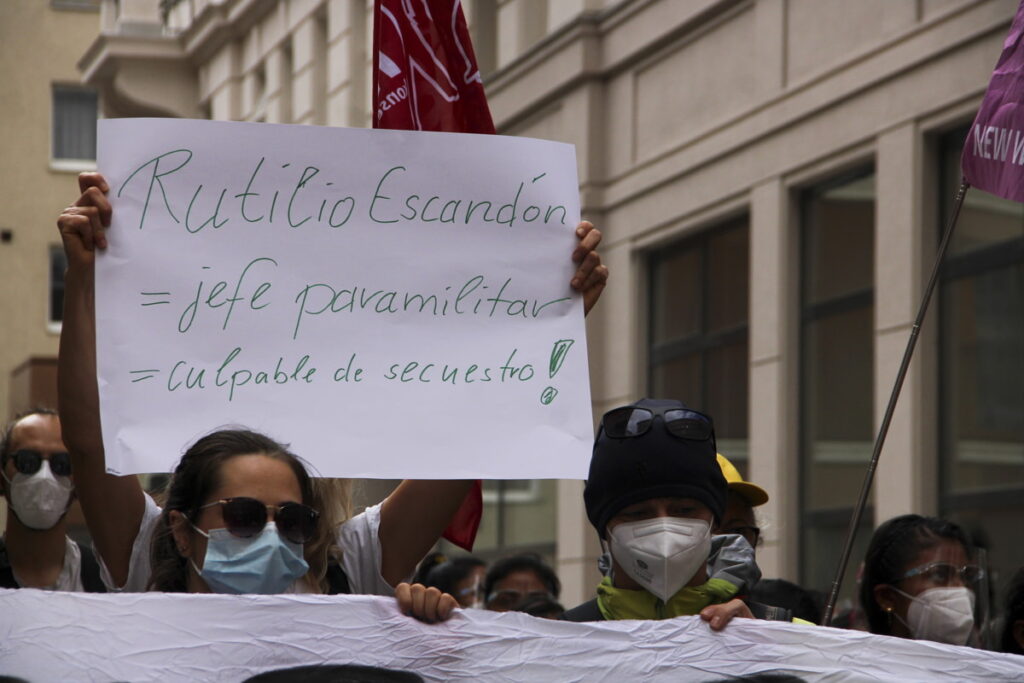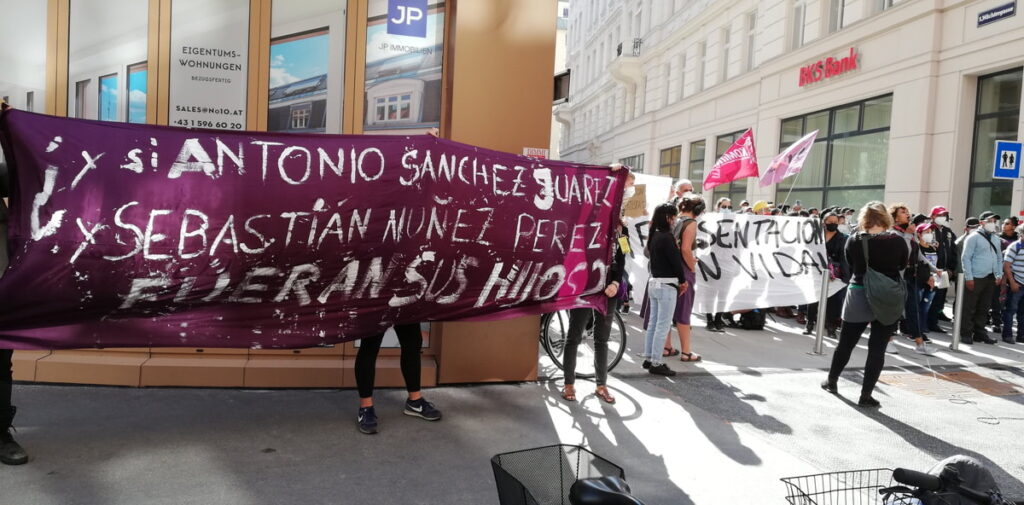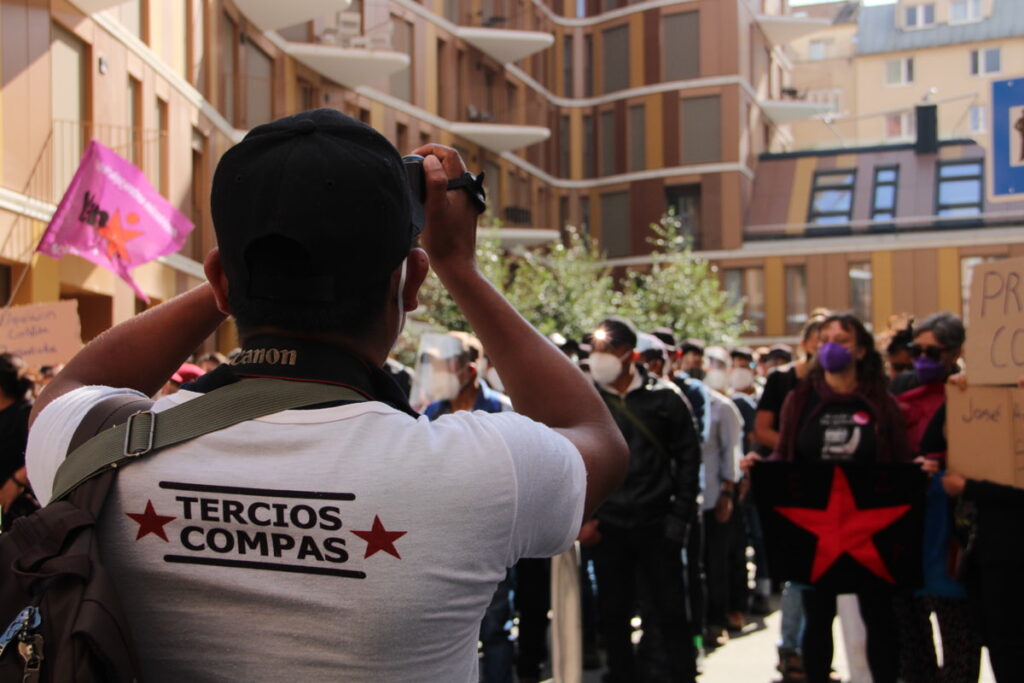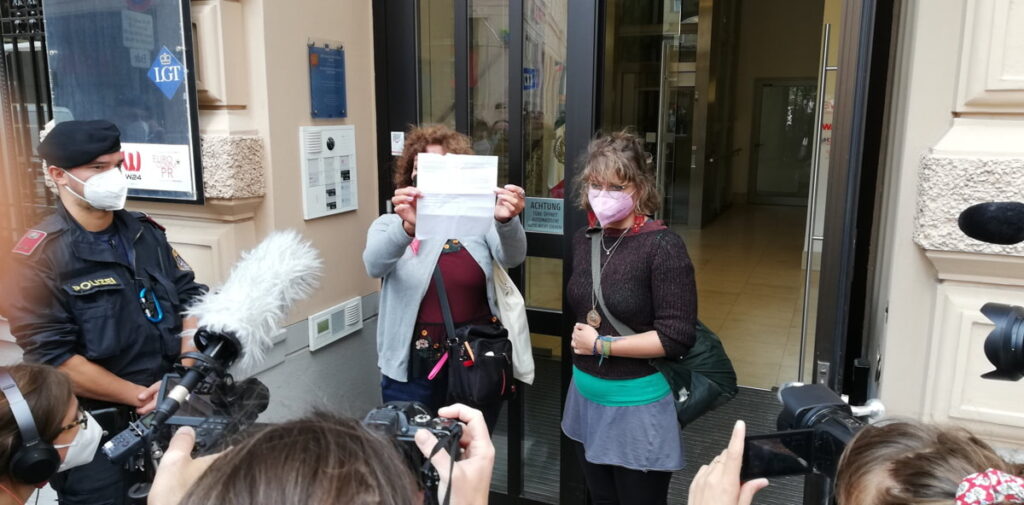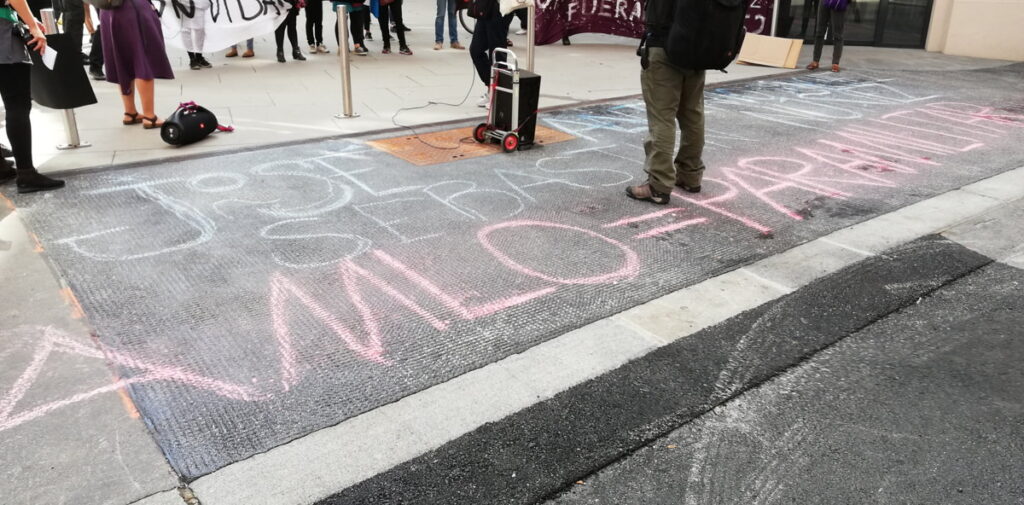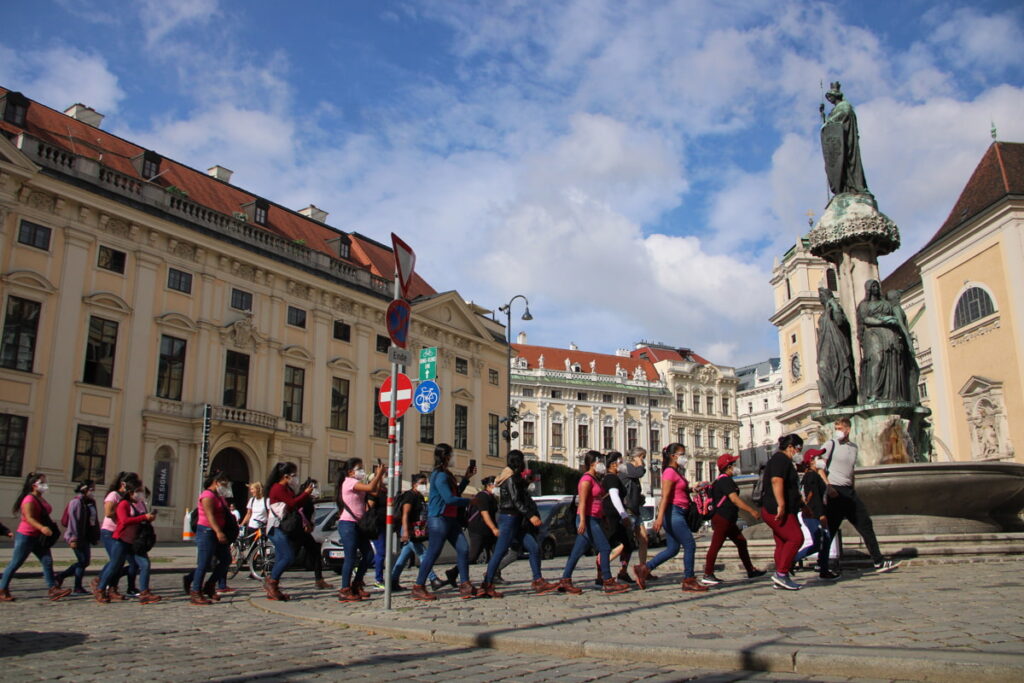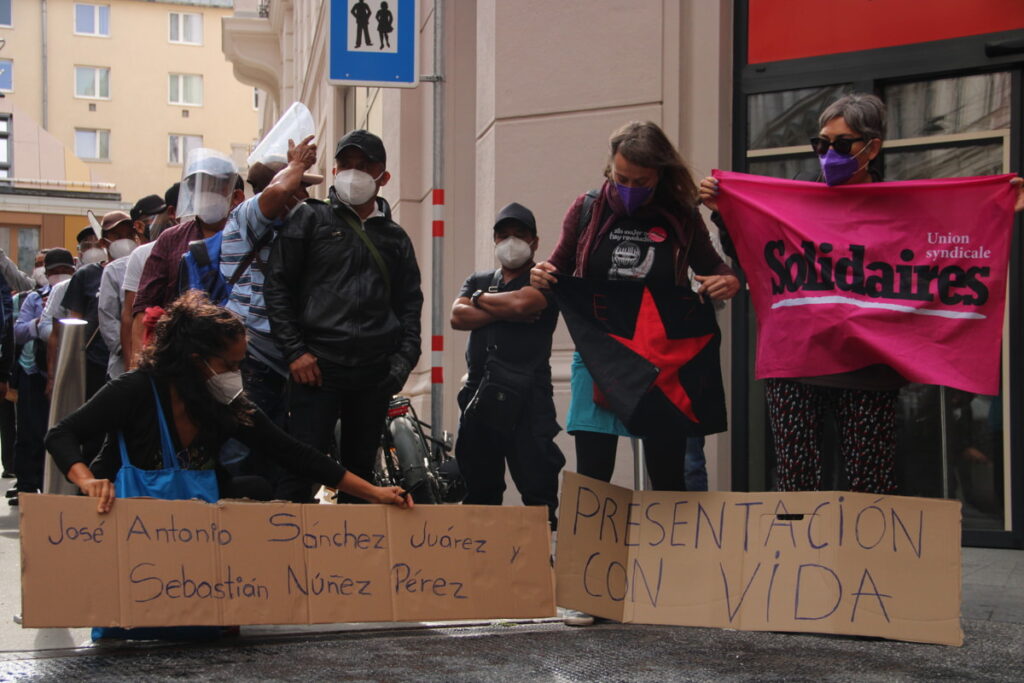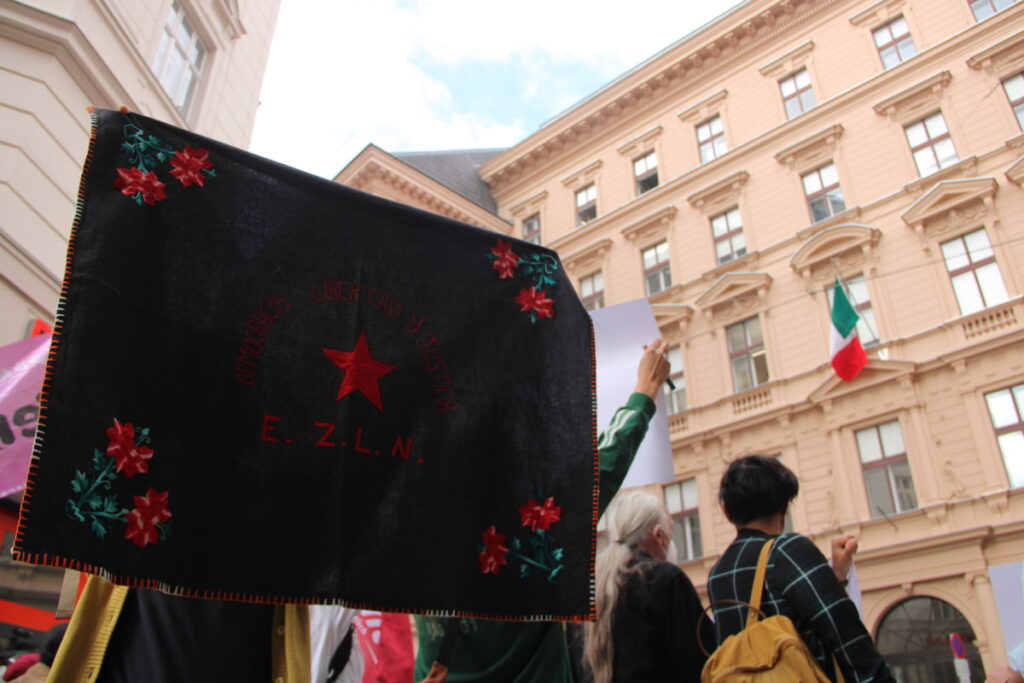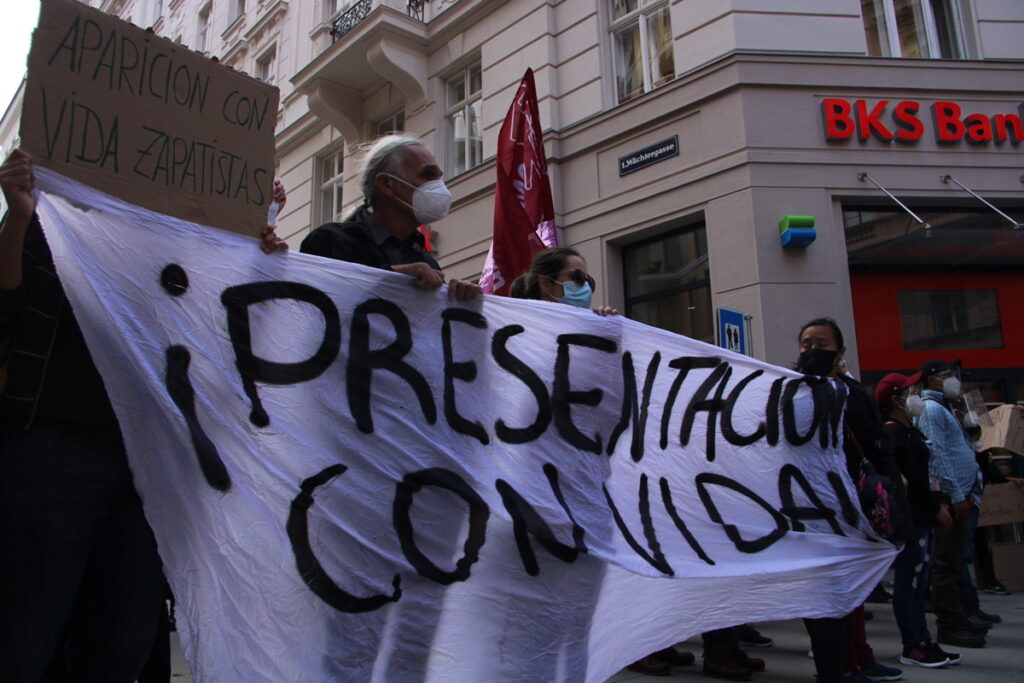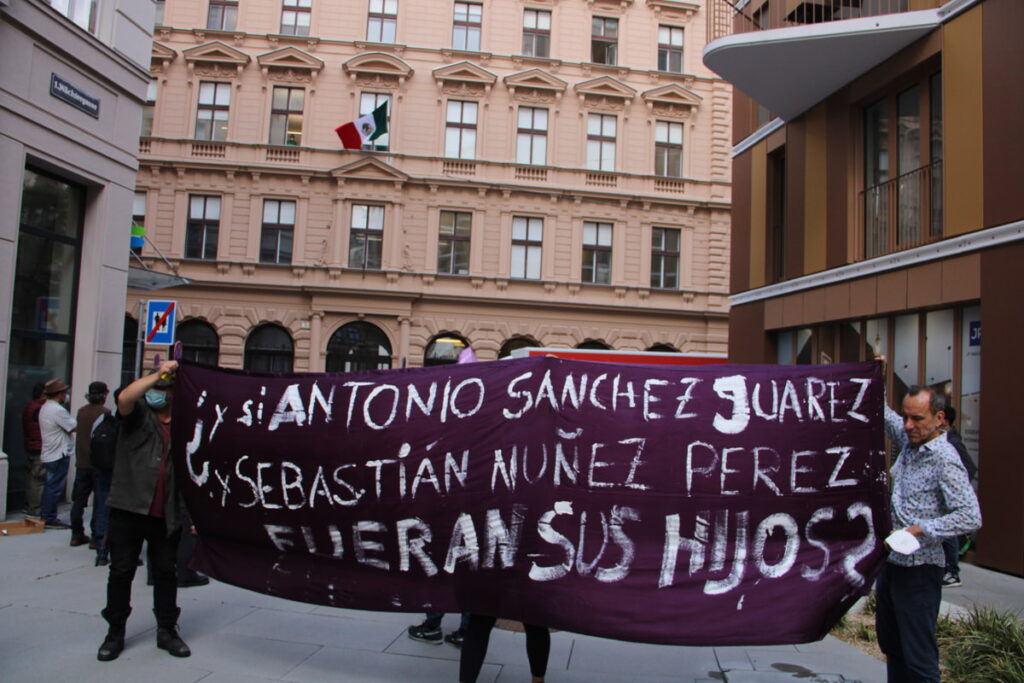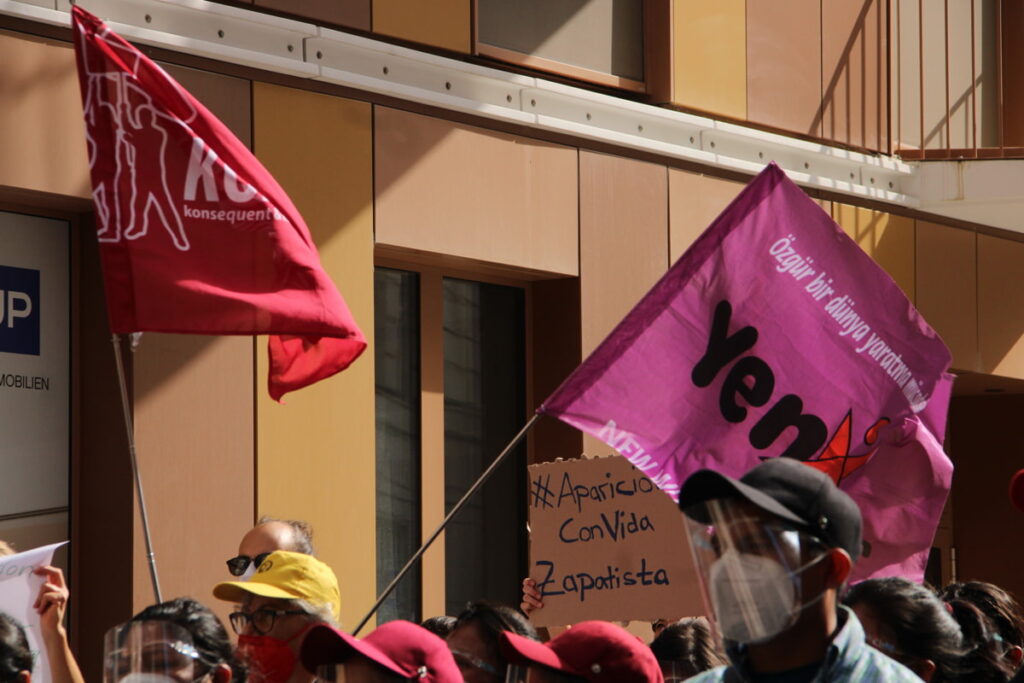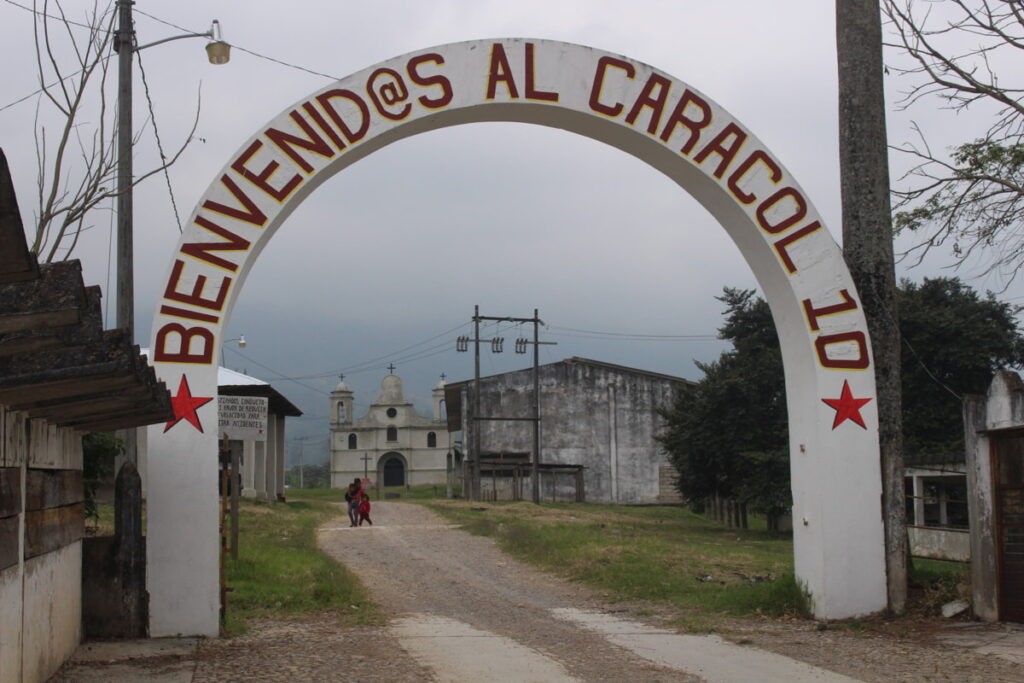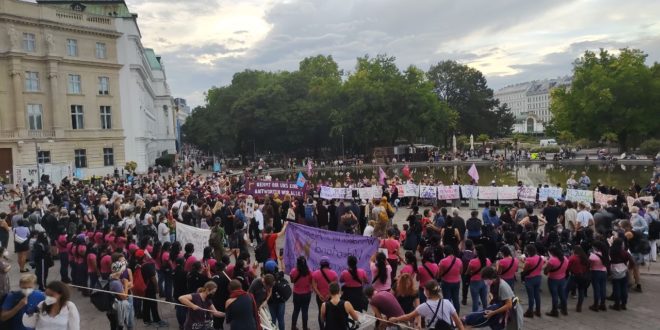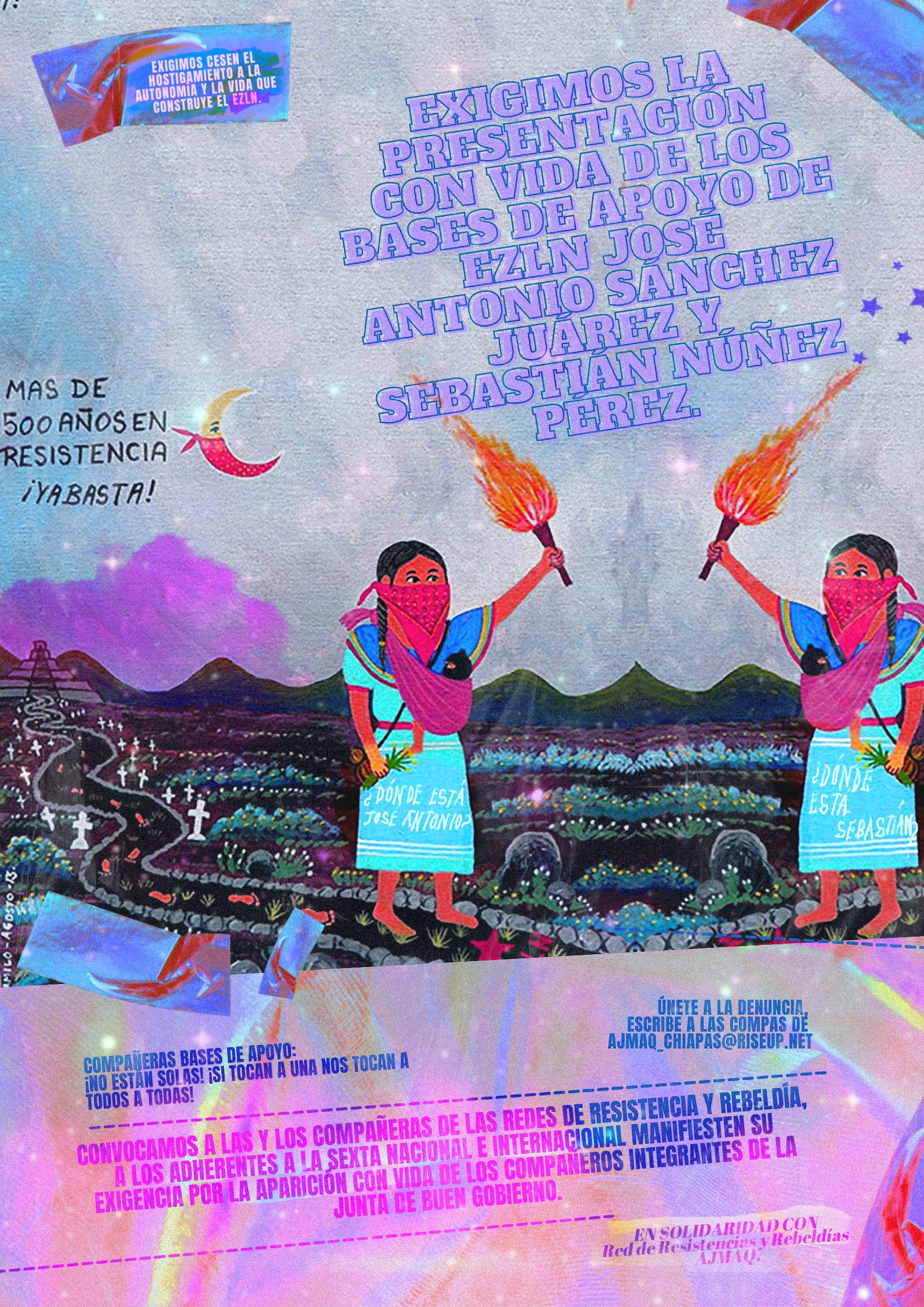
(Español) CIPOG-EZ se suma al llamado del EZLN, para exigir el alto a las provocaciones y que se abandone el culto a la muerte que los malos gobiernos profesan
CIPOG-EZ se suma al llamado del EZLN, para exigir el alto a las provocaciones y que se abandone el culto a la muerte que los malos gobiernos profesan

AL EJÉRCITO ZAPATISTA DE LIBERACIÓN NACIONAL
AL CONCEJO INDÍGENA DE GOBIERNO
AL CONGRESO NACIONAL INDÍGENA
A LAS REDES DE REBELDÍA Y RESISTENCIA
A LA SEXTA NACIONAL E INTERNACIONAL
A LOS MEDIOS DE COMUNICACIÓN
20 de septiembre de 2021
Ante el llamado que hacen los hermanos, hermanas y hermanoas del Ejército Zapatista de Liberación Nacional:
“A LA EUROPA DE ABAJO Y A LA IZQUIERDA Y A LA SEXTA NACIONAL E INTERNACIONAL A MANIFESTARSE FRENTE A LAS EMBAJADAS Y CONSULADOS DE MÉXICO, Y EN LAS CASAS DEL GOBIERNO DEL ESTADO DE CHIAPAS, PARA EXIGIRLES QUE SE DEJEN YA DE PROVOCACIONES Y ABANDONEN EL CULTO A LA MUERTE QUE PROFESAN”
Las comunidades que conformamos el CIPOG-EZ y que somos parte del Congreso Nacional Indígena – Concejo Indígena de Gobierno (CNI-CIG), nos sumamos a la acción internacional para demandar el ¡ALTO A LA GUERRA Y HOSTIGAMIENTO EN CONTRA DEL EZLN! Para decirle al mal gobierno que sabemos lo que pasa con nuestros hermanos, hermanas, hermanoas de EZLN, por muchos cercos que imponga el mal gobierno, por mas silencio que pague a los medios de comunicación para que no se sepa nada de lo que ocurre en Chiapas.
Desde la Montaña Baja de Guerrero, vemos con preocupación cómo el hostigamiento en contra del EZLN no sólo se ha mantenido desde su surgimiento en 1994, sino que se agudiza, pues los grupos paramilitares se han reactivado con todo el respaldo y silencio de los malos gobiernos. En las comunidades que conformamos al CIPOG-EZ, sentimos en lo más profundo su llamado, pues la muerte, los secuestros, encarcelamientos, la complicidad de los grupos narco-paramilitares con los malos gobiernos, son cosas que vivimos y sufrimos, pero que no normalizamos y por eso luchamos y resistimos: para vivir.
Saludamos la iniciativa del EZLN y nos llena el corazón de saber que la Travesía Por La Vida está en marcha. Sepan que ustedes son un referente para nosotros y nosotras aquí en las comunidades de la Montaña Baja de Guerrero, que seguimos sus pasos, pues la autonomía de las comunidades es el reto que tenemos quienes aspiramos a la construcción del mundo que queremos y en eso ustedes son nuestro ejemplo.
Llamamos a las y los compañeros solidarios, de México y del mundo, a dar seguimiento a nuestras hermanas, hermanos y hermanoas que andan por el mundo en la Travesía Por la Vida y a quienes se quedan en el territorio zapatista en el estado de Chiapas. Llamamos a movilizarnos de manera conjunta, aunque cada quien en sus geografías, el día viernes 24 de septiembre de 2021.
Llamamos a los medios de comunicación a que vengan a la comunidad de Alcozacán el 24 de septiembre, día en el que nos movilizaremos. En este sentido, responsabilizamos a Héctor Astudillo Flores, gobernador del estado de Guerrero, al fiscal y demás encargados de la seguridad del estado de cualquier cosa que pueda sucedernos, pues al igual que el gobernador de la 4T del estado de Chiapas Rutilio Escandón, las autoridades del estado de Guerrero, han demostrado que la vida de quienes habitamos el territorio no les interesa.
ATENTAMENTE:
CONSEJO INDÍGENA Y POPULAR DE GUERRERO – EMILIANO ZAPATA

Individuals and organizations around the world in solidarity with Chiapas
FOR LIFE
To the governments of Mexico
To the people of Mexico and the world
To all those ready to live, that is, to fight
The recent aggressions against Zapatista authorities are the culmination of an escalation of attacks and provocations against Zapatista and non-Zapatista communities of Chiapas at the hands of paramilitaries whose character the whole world knows: the bad governments seek the surrender of those who resist the dispossession they promote. Or worse, they provoke a tragic, violent confrontation that would be a pretext for great repression, in order to remove obstacles from their destructive path, that lays waste to Mother Earth as to the social fabric.
We will not permit it. Those bad governments should know, as should their officials and lackeys, that they not only confront the well-organized force of the Zapatista peoples clearly determined to exercise their legitimate right to self-defense. They have tried all the peaceful means of accord and reconciliation and they have only encountered indifference and a irresponsibility. Their patience now wears thin. Together with them, together with the Zapatista communities and peoples, together with the hundreds of communities assaulted by the current regime, we are determined to halt this criminal impulse that doesn’t seem to have another way out except through violence.
We will demonstrate on the 24th that we are determined to react. In silence or shouting, in the streets and plazas, before the embassies or public buildings, in places of work, wherever we are and by any means at our reach, we will show our solidary resistance to the absolutely illegal abuse that takes place with the open complicity of those that have the legal and political obligation to stop it.
The paramilitary mask does not deceive us. It is the State. We will not accept its cult of death. We will come out this Friday the 24th to defend life.
If you want to join this call, send an email with your name and the information you want to share to: contactounitierra@gmail.com

